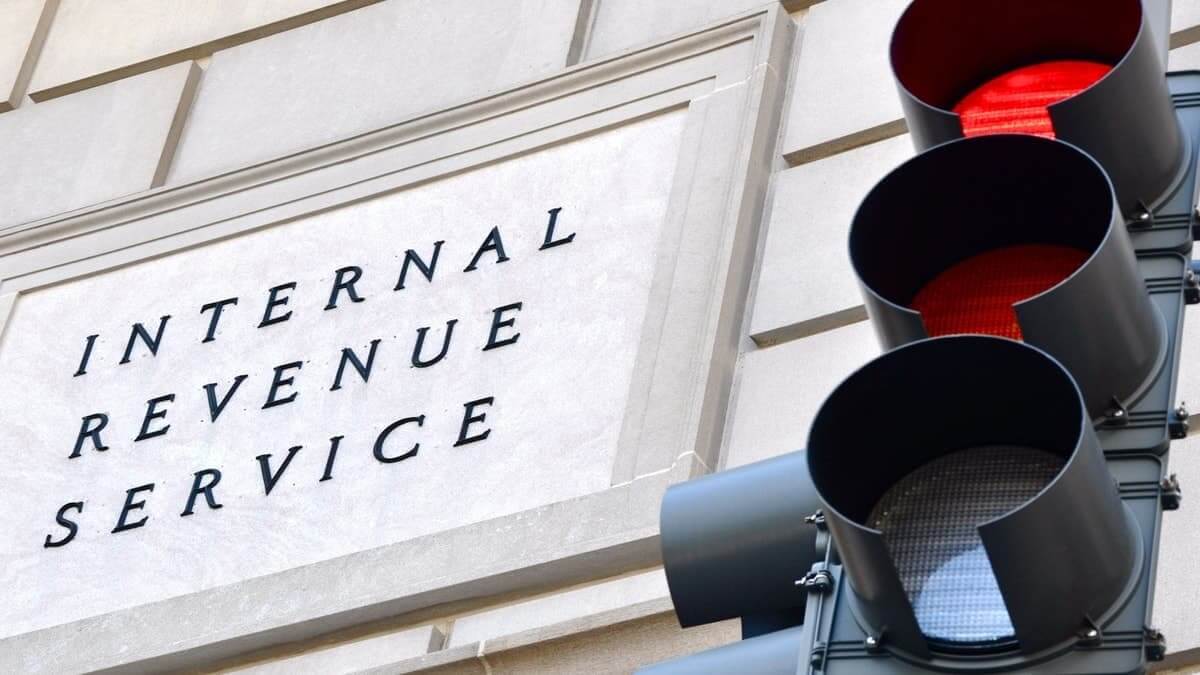
What happens if I don’t file taxes? The Internal Revenue Service has strict penalties for not filing taxes. In case you don’t file your tax return, even if you don’t owe any taxes, you are required to file a federal income tax return.
If you don’t file your tax return after the April 15 deadline, you will be subject to failure-to-file penalties. This penalty is subject to all taxpayers who miss the deadline. The failure-to-file penalty is 5 percent of the unpaid taxes for each month the tax return is late. This penalty can be up to 25 percent of the amount owed.
The failure-to-file penalty is pretty much the same for all other tax forms that are seen as returns such as Form 941.
What happens if I don’t pay taxes?
First and foremost, know that the penalty for paying taxes late is pretty much the same as failure-to-file penalties. The only difference is that you can set up a payment plan with the IRS and avoid paying penalties.
In case that you don’t owe any tax and file taxes late, there aren’t going to be any penalties. What will be the downside of not filing taxes is that you won’t get your tax refund until you file a tax return.
The failure-to-file and failure-to-pay penalties only apply if you owe taxes. Therefore, just because you file taxes late doesn’t mean that you will be subject to late-penalties.
The only way to figure out whether or not you owe taxes is to take the tax calculator. The calculator will tell you how much you owe in taxes as well as the anticipated refund amount if you expect any.
However, the tool only can be used if you earn income that is subject to withholding. Those who make self-employed income and pay estimated taxes can take the calculator by entering the money amounts but will need to subtract the estimated taxes paid from liability to see if owe taxes or will get a refund.